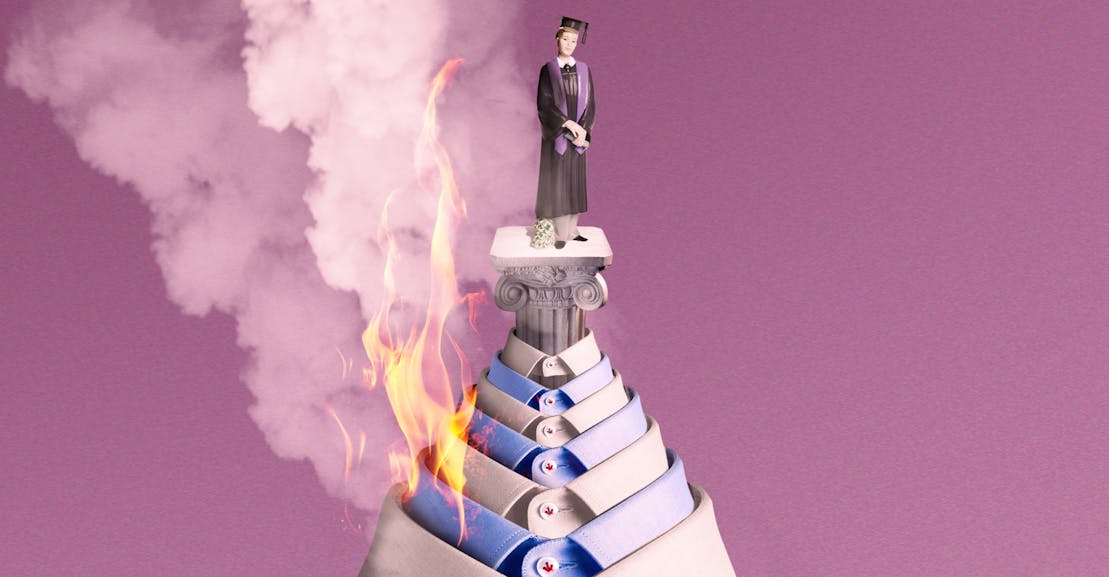Featured Speaker: Noah Finkelstein
Universities around the globe are in the midst of a period of unprecedented change. Society has in the last few years begun treating higher education as private commodity —with huge increases in tuition costs to go with it — which poses a significant threat to the idea of education as a public good. Yet there are significant opportunities as well, for new demographic groups to attend post-secondary school, and for new approaches to teaching at all levels. There is power and promise in new learning models like Coursera, for example, but also drawbacks.
This salon is based on the idea that there is no better form of investment in the welfare of individuals or society than higher education. How can the way we teach be improved, and why it is so difficult to change our ways of thinking about teaching? In a time when information and knowledge is essentially free, and can be accessed anytime, what is education for? What does it mean to know something, and who decides what should be known? Join us as we explore the ways in which education contributes to making the societies we want, and need.
Noah is a Professor of Physics at the University of Colorado Boulder where he researches physics education, specifically studying the conditions that support students’ interests and abilities in physics. In parallel, he conducts research on how educational transformations get taken up, spread, and sustained. He is involved in a number of national coalitions advancing undergraduate education transformation, with a focus on STEM education.
Noah is a Trustee of the Higher Learning Commission, a Fellow of the American Physical Society, and a Presidential Teaching Scholar and the inaugural Timmerhaus Teaching Ambassador for the University of Colorado system.
Related readings and resources



This salon took place December 10, 2021.




